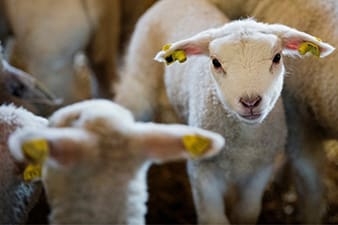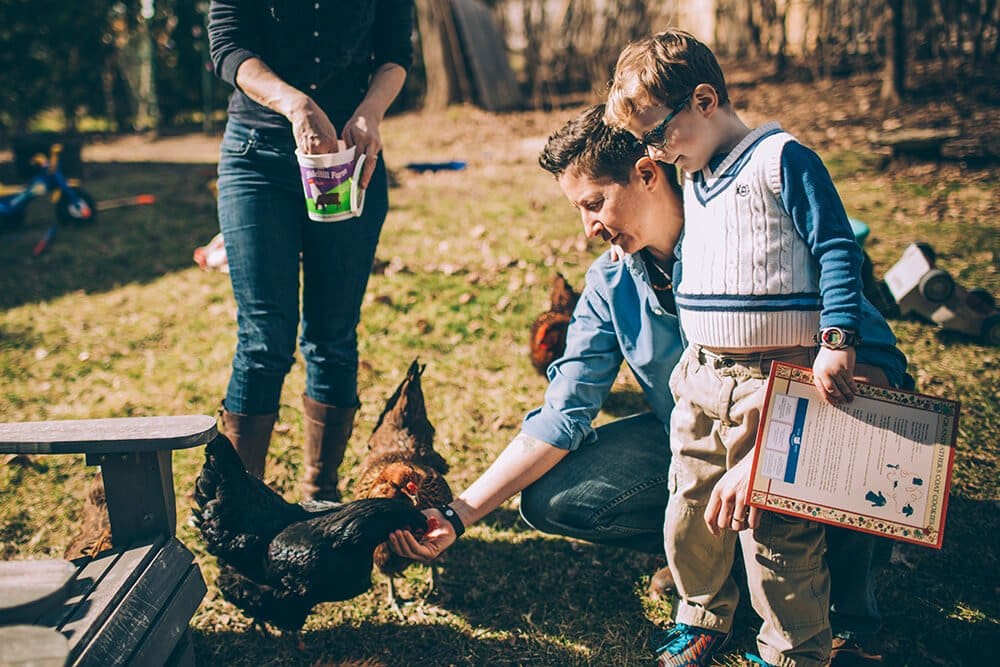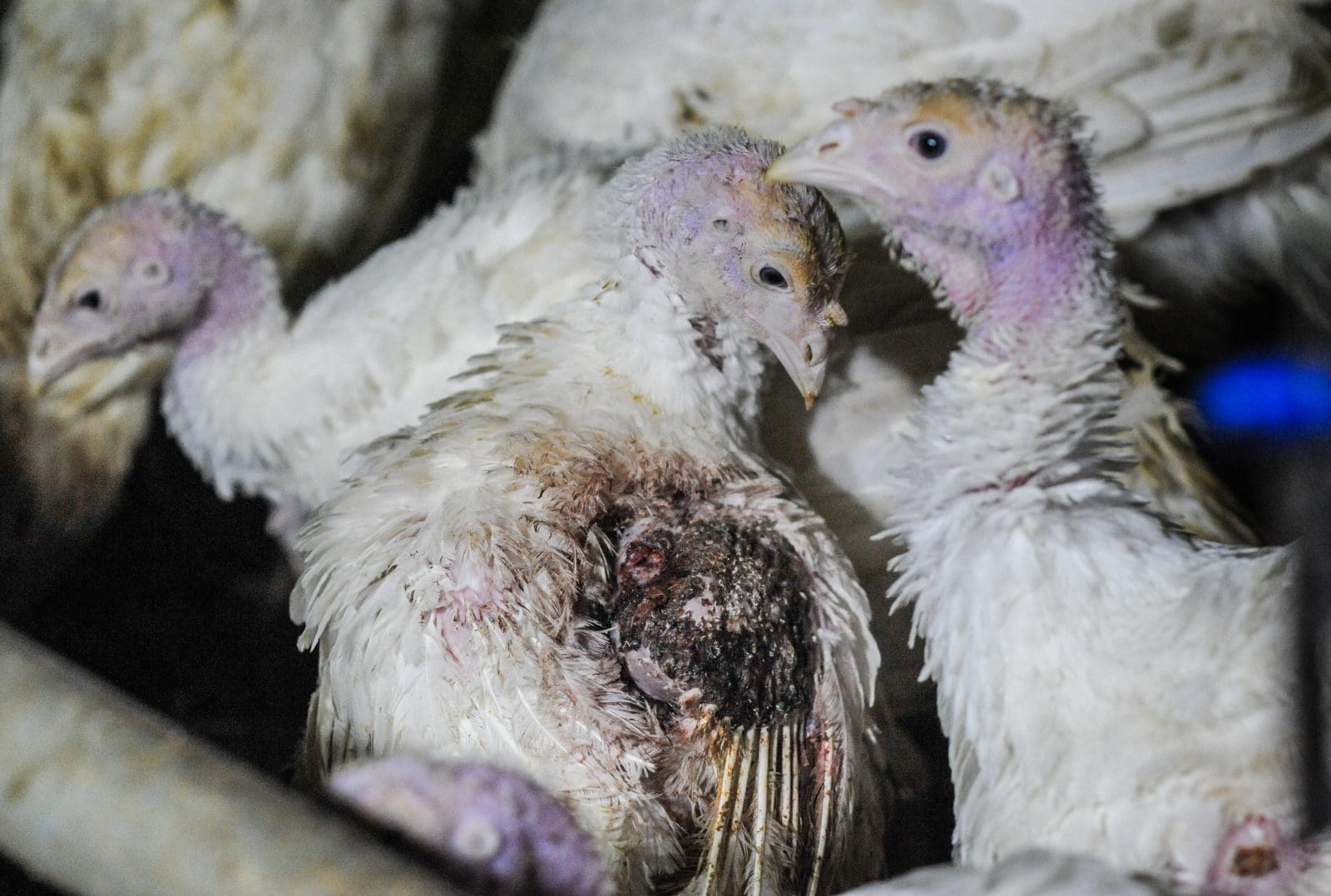Advocacy is about raising voices and taking action to protect animals, promote justice, and create positive change in our world. This section explores how individuals and groups come together to challenge unfair practices, influence policies, and inspire communities to rethink their relationship with animals and the environment. It highlights the power of collective effort in turning awareness into real-world impact.
Here, you’ll find insights into effective advocacy techniques like organizing campaigns, working with policymakers, using media platforms, and building alliances. The focus is on practical, ethical approaches that respect diverse perspectives while pushing for stronger protections and systemic reforms. It also discusses how advocates overcome obstacles and stay motivated through persistence and solidarity.
Advocacy isn’t just about speaking out—it’s about inspiring others, shaping decisions, and creating lasting change that benefits all living beings. Advocacy is framed not only as a response to injustice but as a proactive pathway toward a more compassionate, equitable, and sustainable future—one where the rights and dignity of all beings are respected and upheld.
The rising demand for meat has intensified scrutiny on the treatment of animals within the meat industry, igniting a global conversation about ethics, sustainability, and consumer responsibility. With factory farming practices under fire for inhumane conditions and environmental harm, animal rights activists have pushed for transformative change—spurring interest in alternatives like plant-based diets and lab-grown meat. Government regulations, welfare certifications, and informed consumer choices are playing pivotal roles in reshaping industry standards. This article explores the pressing ethical challenges and emerging solutions aimed at fostering more humane practices while addressing the moral implications of modern meat production























































